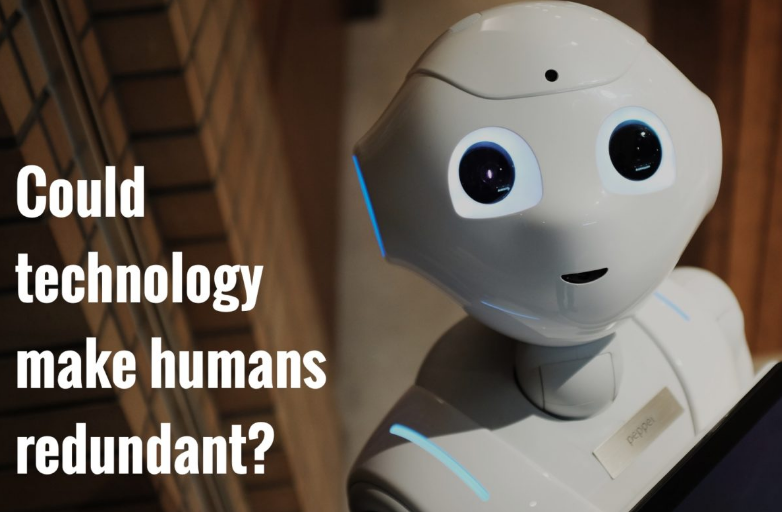
I was recently asked: Where are the boundaries of digitalisation (are there any)?
We all would have different answers to this one, but there are boundaries to digitalisation. The main boundary is where technology is replacing the human, rather than augmenting humanity. I blogged about that last year:
AI should augment the human and automate the mundane
The key is to recognise that technology can digitalise and automate everything that we find boring and mundane. I could leave it there, but let’s go down this rabbit hole for a minute. Could we digitalise relationships? We already are – just look at romance scams or the film Her.
Could we digitise creativity? We already are:
AIVA, the AI Music Generation Assistant
Films and entertainment?
Art and poetry?
AI Image Generator API (hotpot.ai)
The list goes on.
So, we started thinking that technology would just digitise administration; today, it is automating the whole human world. How far can it go? Well, as GenZ would say, to the moon!
I guess that the real question therefore is not: Where are the boundaries of digitalisation; but more the question that I struggle with every day, which is: When everything is digitised, what do humans do?
This is a really difficult question as you won’t need a lot of the things that humans do today. You won’t need taxi and lorry drivers or baristas or even chefs; you won’t need accountants, assistants or even executives; you won’t need actors, creators or even thinkers … it’s all done for you. So, what will humans do?
Well, I’ve already talked about this, in terms of trainers, maintainers and explainers, but let’s take this to the moon and back. Humans provide all of the direction of digitalisation. Without our inputs, machines would have no outputs. This means that humans need to continue to nurture their empathy, compassion, relationships and yes, creativity, as these are the things that will always be valued in the future. After all, you can train a machine to love but you cannot train a machine to be loved.
Chris M Skinner
Chris Skinner is best known as an independent commentator on the financial markets through his blog, TheFinanser.com, as author of the bestselling book Digital Bank, and Chair of the European networking forum the Financial Services Club. He has been voted one of the most influential people in banking by The Financial Brand (as well as one of the best blogs), a FinTech Titan (Next Bank), one of the Fintech Leaders you need to follow (City AM, Deluxe and Jax Finance), as well as one of the Top 40 most influential people in financial technology by the Wall Street Journal's Financial News. To learn more click here...

